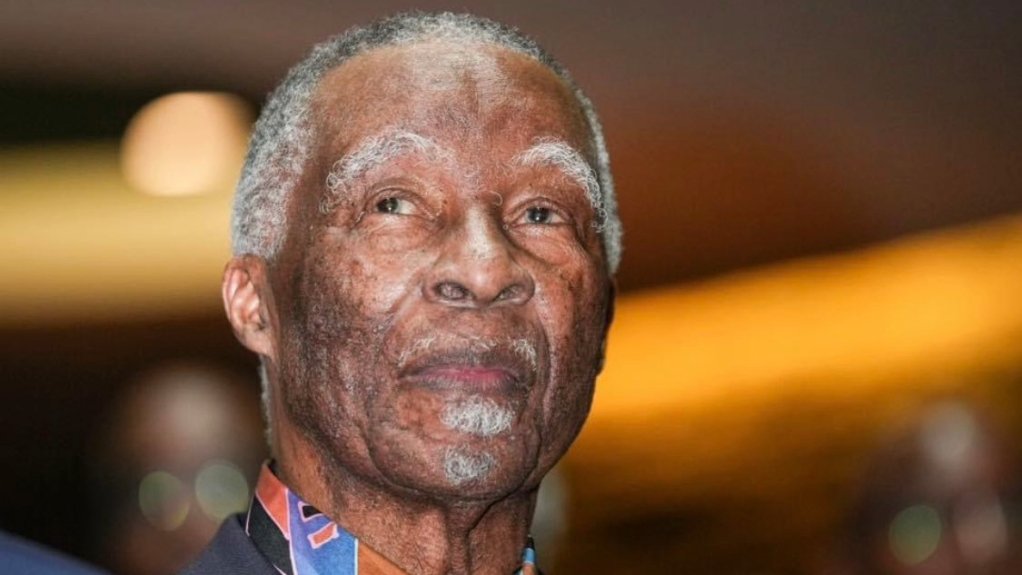The Foundation for Human Rights (FHR) said on Tuesday its attorneys have filed a notice of intention to oppose former President Thabo Mbeki and former Justice Minister Brigitte Mabandla’s court intervention against constitutional damages, in an application relating to Truth and Reconciliation Commission (TRC) cases.
Twenty-five families of anti-apartheid activists and survivors of apartheid-era crimes went to court to force the African National Congress and its government to admit to its “failures and obligations” to grant justice to the families.
Former National Director of Public Prosecutions Vusi Pikoli and National Prosecuting Authority (NPA) officials stated that interference from Mbeki’s government had resulted in the NPA ending TRC investigations into apartheid crimes that denied offenders amnesty.
The families had now brought an application in the Pretoria High Court against President Cyril Ramaphosa and his government, seeking R167-million in constitutional damages for the government’s “gross failure” to adequately investigate and prosecute apartheid-era political crimes following the TRC.
Ramaphosa and government rescinded their opposition to the claim.
In their intervention application, Mbeki and Mabandla claimed that their rights may be violated by the court finding that they were involved in suppressing the investigation and prosecution of TRC cases.
“Both the Supreme Court of Appeal and the Gauteng High Court have already confirmed that political interference obstructed the prosecution of over 300 cases referred by the TRC. The NPA itself has acknowledged this interference,” the FHR said.
The foundation said Mbeki and Mabandla were in positions of “great authority and influence” for at least part of the period when the State “failed in its obligations to the families”.
“We believe that their reputations would be best served by recognising that these violations have occurred, expressing their sympathy to the families affected, their support for the quest for justice, and re-affirming both their commitment to identifying those responsible and to ensuring that prosecutions follow where appropriate,” the foundation said.
It further noted while Mbeki and Mabandla believed their reputations were damaged by the information in the applicants’ founding affidavits, their dispute was with the authors of these documents and not with the applicants.
The foundation explained that the information that the applicants had collected in their founding affidavits were all based on documents already in the public domain.
It said Mbeki and Mabandla had access to considerable legal and other resources and given their commitment to defending their reputations, “it is troubling that they have failed to act in this regard when these matters were first raised”.
EMAIL THIS ARTICLE SAVE THIS ARTICLE ARTICLE ENQUIRY
To subscribe email subscriptions@creamermedia.co.za or click here
To advertise email advertising@creamermedia.co.za or click here











